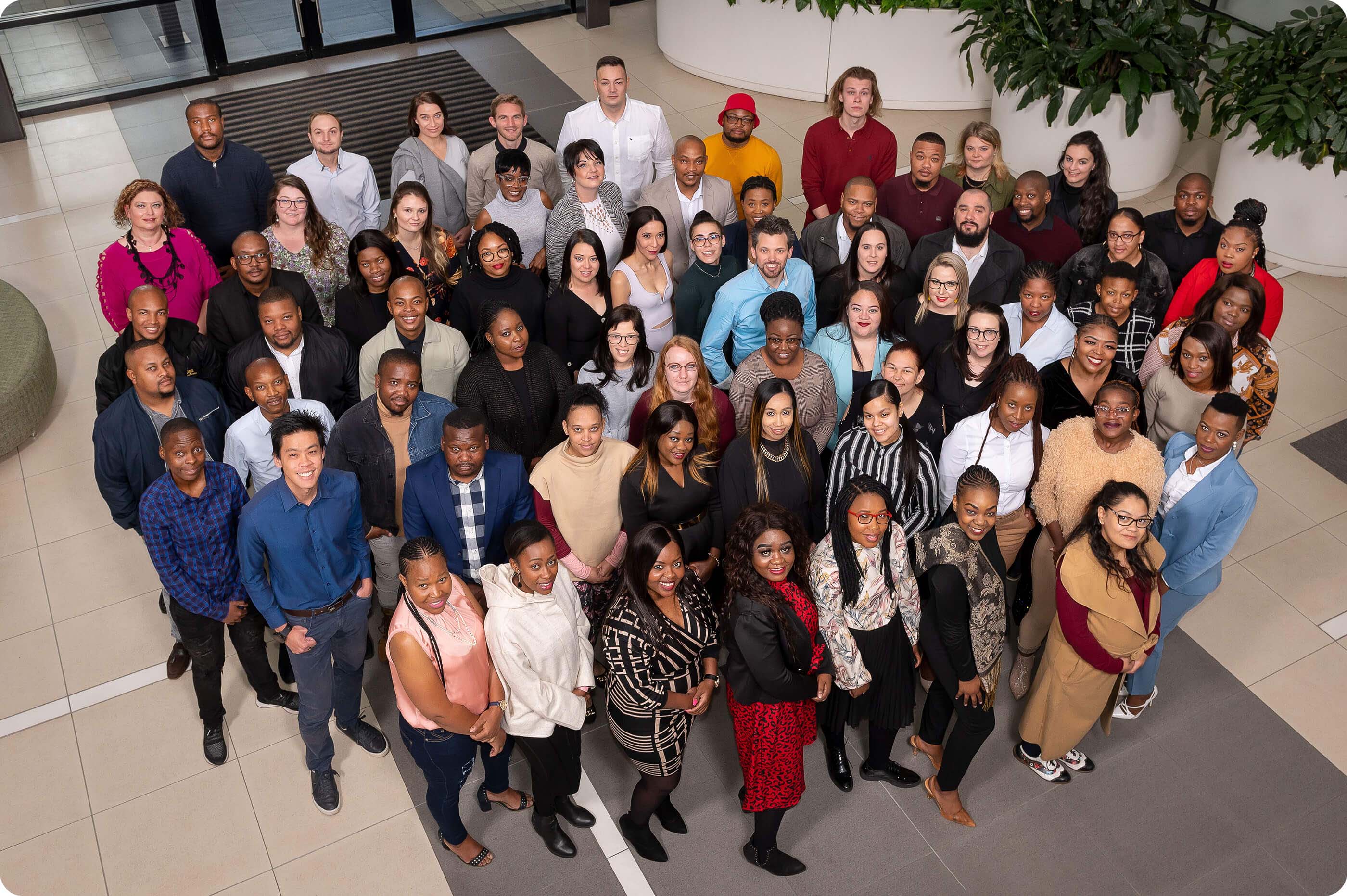After years of an uninterrupted reign of an economy without formal credits for the middle class and those below in African economies and other emerging markets, a new wave of tech companies have been rising up offering especially to the young population access to monthly payment products.
These days anyone with access to the internet and a stable income can buy anything from a car to Starlink on credit because of these companies. But even as they present a myriad of products, there still remain blue ocean spaces in the credit and financing world in these markets yet to be field.
Planet42 a South Africa-based startup that launched in 2017 has raised over $150 million, offering a new kind of financing for cars. It’s unlike Autochek, which helps people buy cars and pay in instalments, or Moove, offering Uber drivers cars that they can pay for over a period of time.
Just like these companies Planet42 comes to Africa bearing paths for their customers to own cars, but it sharply breaks away on how customers can do that.


On its website, it calls itself a rent-to-buy subscription company. Its business model is that customers come to them to rent a second-hand car for a period of time, pay monthly, and then after some months they get the option to buy the car through their financing services.
How Planet42 Does it
Since the company started in South Africa the executive said that it has bought over 16,000 cars in the country through partnerships with small-scale car dealerships with 20 to 100 cars in their lots, and also larger brands of car dealerships.
In Mexico, a market it just entered, it has acquired over 1,300 cars.
“We buy second-hand cars. Most of these cars are like ten years old. We rent those cars to our customers on a subscription basis, with an option to buy the car if the customer wishes,” one of the co-founders and the CEO Eerik Oja told Technext. “The distinction with most credit finance companies that you might have heard is that our customers are not using these cars to earn a living. They are not Uber cars. Our customers use these cars to just drive to work, drop their kids at school, buy groceries, and visit grandma. We buy real cars for real people,” he added.
Though these economies are still in the early stages of being accustomed to credit, the fall of their currencies against the dollar and heavy customs duties placed on cars makes the business less accessible to the huge swathe of customers who might have had access to it just some six years ago.


Read also: Here is how Autochek’s Johan van der Merwe intends to finance your next car purchase
Eerik says that the problem that Planbet42 aims to solve is deeply relevant in these markets.
“The pain that we are solving for them [Planet42’s dealer partners] is that most of the customers that come to their lot, they have to turn them away because the banks refuse to finance them. the banks in Africa and other emerging markets are very conservative,” he said.
Planert42 is also banking on the faulty public transport system to drive its product home. In these markets, public transport can be ridiculously slow, contributing to a rising crime rate, and making the need for mobility more than just a needless luxury. Eerik Oja says that the recklessness of public transport drivers as well is another reason for people in these markets will want to own cars given the opportunity.


“You can make the argument that a personal car is a needless luxury in London because public transportation works so well, and it’s actually slower to use a personal car,” he said, but not in emerging markets.
“The public transportation system is not very efficient. It’s slow. it’s unreliable. It’s dangerous, especially for women. So having your own personal car really means freedom. You get to work even for a better job that may be farther from your home. So you see it really unlocks personal mobility,” he added.
The idea is that by building a business on the banks being conservative and denying would-be customers access to loans, an opportunity for Planet42 to be very impactful rears its head.
“Not more than 20 per cent of people with a credit score are able to qualify for bank financing. And so we are there for the eighty per cent. We evaluate using our data science and risk-scoring algorithms. We approve about half of those customers that apply,” he said.
Then there is the big question. These are not new cars. They have been used and then imported into these markets mostly which slashes their durability. What happens if the car is damaged while it has been rented?
“That’s a very complex operation. But just also simple. When you buy the car you pay us rent. When you don’t need it anymore you can return it or you can buy it if you want. The important point here is that every car has comprehensive insurance and the monthly payment is inclusive. There is a minimum six-month mechanical policy,” he said.


The company has huge plans to expand into more emerging markets, but for now, its focus is on scaling in Mexico and South Africa where the economies are more familiar with monthly payment traditions.
“We are not trying to replace banks. We are serving a market that the banks don’t want,” he said.






